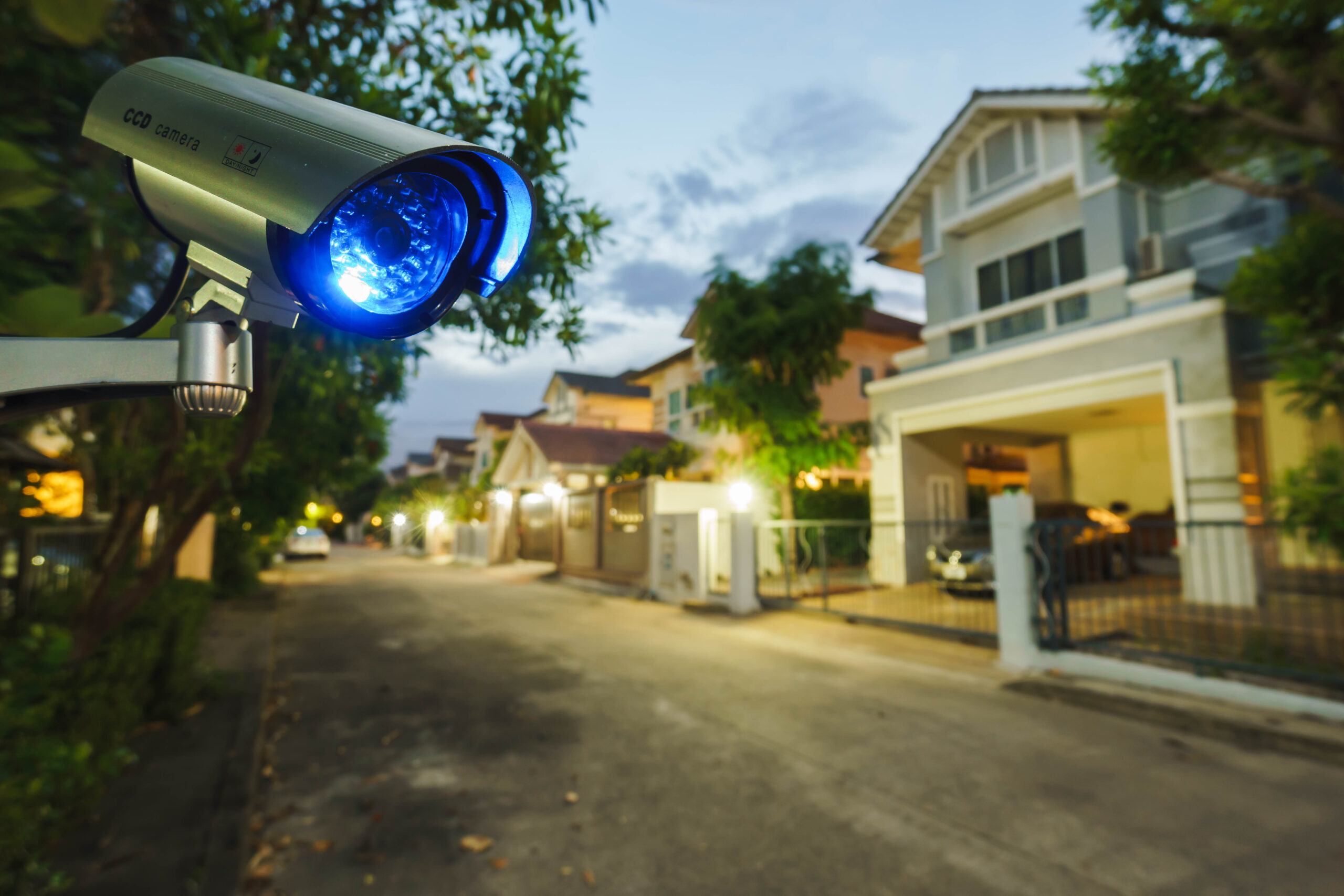by Ryan Raplee
Home prices are at an all-time high, making due diligence more crucial than ever when placing an offer on a home. Part of being mindful is never skipping an inspection. Inspectors assess the prospective residence for potential structural, systems, or health and safety hazards. Some lenders require an inspection before they will grant a loan. For others, it’s optional, as is often the case with cash buyers. Many prospective homebuyers forego having the house inspected to eliminate what they believe isvan unnecessary extra cost. However, not having an inspection can cost the homeowners more money later if issues are not identified and fixed.
Structural Defects
Inspectors assess both a home’s exterior and interior. Before an inspection, they often pull any construction permits, environmental studies, blueprints and surveys for the property. This information helps them determine if the home’s original components and improvements are up to code for the area. A Pennsylvania inspector, for example, may look to see if a home’s roof can withstand a certain amount of snow during the state’s long, snowy winters. The inspector will then look for issues such as settling or sinking, pest infestations and rotting or corroded building materials. Any existing issues could undermine the house’s structural integrity, endangering occupants and visitors if failures occur. Even something that seems minor, like chipped tiles, can signify a much larger problem with the foundation. These problems may be costly to fix and put the occupants in danger of slipping and falling.
Home Systems Issues
Another reason to never skip an inspection is that there may be issues with the home’s systems. These can include problems with the plumbing, electrical, heating, ventilation or cooling (HVAC.) These concerns are like structural ones in that they can not only be costly to address but also endanger occupants. For example, unaddressed electrical problems may cause a fire, resulting in burns or smoke inhalation injuries.
Potential Health Hazards May Be Present
While structural and systems issues can certainly endanger a person, they can also cause health problems. Some concerns inspectors often note when assessing homes include mold or mildew, asbestos and bacteria buildup in air conditioning or hot tub lines. These toxins can cause severe respiratory illnesses. Asbestos can cause an aggressive, untreatable cancer called mesothelioma.
Necessary Repairs May Be Cost-Prohibitive
Structural, safety or system issues tend to be costly to address. Partial demolition and rebuilding may be necessary to address any problems. Homebuyers who discover these issues before closing may be able to terminate their purchase contract or request a delayed closing. Identifying repairs may slow the sale, but getting those repairs taken care of early can significantly reduce a homebuyer’s post-purchase task list. Early repairs are almost always cheaper than the costs associated with someone getting injured later.
Certain Conditions May Render a Home Uninsurable
The final reason to never pass up a property inspection is that doing so may make securing insurance on it nearly impossible. Insurers generally send a representative to assess a home before insuring it. Insurance companies want to hold on to as much money as possible. If an insurer believes that a home is unsafe, they may deny coverage to keep their liability risk low.
Conclusion
Having an inspection done is the most thorough way for a prospective homeowner to ensure there are no hidden issues with the home they’re buying and that no one cut corners when setting up the sale. Prospective homebuyers gain peace of mind, knowing that their future property will be as safe as possible. They can avoid unexpected expenditures and unnecessary frustration by having a home inspection before their next house purchase.








Leave A Comment